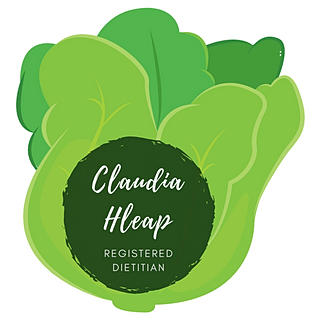Should You Eat Gluten-Free?
- Admin
- Dec 16, 2020
- 1 min read
Updated: Sep 19, 2025
In the last few years there has been a massive shift towards gluten-free diets. Every few years we cycle through a new restrictive diet where we find one specific food to blame for all our problems. The question you need to ask yourself before jumping onboard is - is this really necessary?
Gluten is a protein found in wheat products (that's all it is).
There are multiple conditions that have been associated with an intolerance to the gluten protein. The primary condition that comes to mind is Celiac Disease, where your body has an autoimmune response to gluten in the body. You can test for this with bloodwork and an endoscopy/biopsy. Some people have a gluten-intolerance without having a positive diagnosis for Celiac. The best way to identify whether this is something you are experiencing is by fully removing gluten from the diet for about 3 months and reassessing for any improvement in abdominal symptoms. These symptoms often include any combination of the following: bloating, distention, cramping, diarrhea, constipation, fatigue, or nausea.
If you do not experience any of these symptoms to begin with, then you likely do not have a gluten intolerance and would unlikely stand to benefit from removing it completely from your diet.
Resources
Diez-Sampedro A, Olenick M, Maltseva T, Flowers M. A Gluten-Free Diet, Not an Appropriate Choice without a Medical Diagnosis. J Nutr Metab. 2019 Jul 1;2019:2438934. doi: 10.1155/2019/2438934. PMID: 31354988; PMCID: PMC6636598. https://pubmed.ncbi.nlm.nih.gov/31354988/
#registeredietitian #dietitian #gluten #glutenfree #CeliacDisease #celiac #glutenintollerance #foodintollerance #feedfeedgluten





Comments